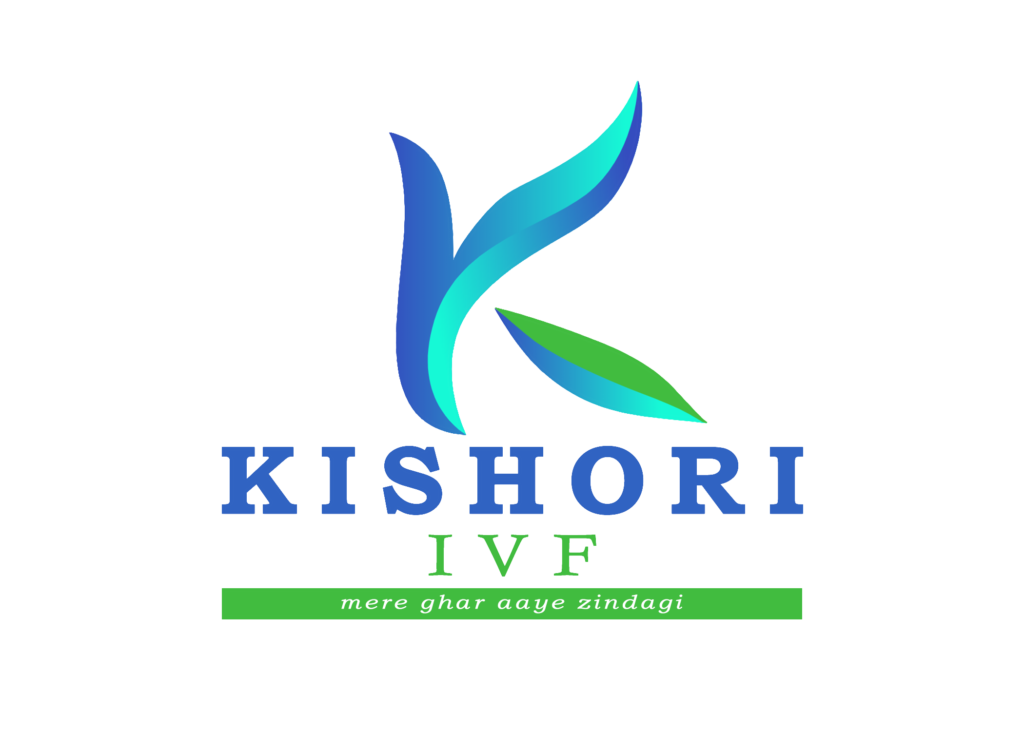
Premature ejaculation is the inability to postpone ejaculation during sexual intercourse, which causes distress or dissatisfaction for one or both partners involved. It is a common sexual problem among men of various ages.
Premature ejaculation can affect males of all ages. It is more common in younger men due to their limited sexual experience and control, but it is important to recognize its potential occurrence in any male.
There are two main classifications of premature ejaculation:
- Lifelong (primary) Premature Ejaculation: This occurs from the first sexual encounter and continues throughout a man’s life.
- Acquired (secondary Premature Ejaculation: This occurs after a period of normal sexual function and is frequently attributed to psychological or situational factors.
A combination of psychological, biological, and environmental factors usually causes premature ejaculation. Some common causes encompass:
- Anxiety, depression, stress, relationship problems, and previous traumatic events can all contribute to premature ejaculation.
- Biological Factors: Anomalies in neurotransmitter levels, abnormal reflex activity in the ejaculatory system, thyroid irregularities, and prostate or urethral issues can all have an impact.
- Behavioral Factors: Rapid masturbation or conditioning during early sexual experiences may contribute to premature ejaculation.
The primary symptom of premature ejaculation is the inability to sustain ejaculation for an adequate duration during sexual intercourse.
Additional associated symptoms may include:
- Ejaculation occurs consistently within one minute of penetration.
- Feelings of distress, frustration, or anxiety about the condition.
- Avoidance of sexual intimacy due to fear of underperformance.
Premature ejaculation generally does not directly affect fertility. However, if ejaculation occurs before vaginal penetration regularly, it can impede fertility attempts. Seeking timely intervention can help manage this issue and improve fertility prospects.
Premature ejaculation is diagnosed after a thorough evaluation of medical history, sexual history, and physical examination. Furthermore, specific tests may be performed to rule out underlying medical conditions and assess hormonal levels.
Treatment for premature ejaculation usually consists of a combination of behavioral techniques, psychological counseling, and medical interventions. Here are some common treatment options:
- Behavioral Techniques:
- The Start-Stop Technique involves interrupting sexual activity to delay ejaculation and gradually extend its duration.
- The Squeeze Technique: Applying pressure to the penis to postpone ejaculation.
- Psychological Counseling:
- Cognitive Behavioral Therapy (CBT): Addressing psychological contributors to premature ejaculation and devising coping mechanisms.
- Sex Therapy: Focusing on communication, relationship issues, and acquiring techniques to defer ejaculation.
- Selective Serotonin Reuptake Inhibitors (SSRIs) are antidepressants that can help delay ejaculation.
- Topical anesthetics are creams or sprays that reduce sensitivity in the penis and prolong ejaculation.
Conclusion:
Premature ejaculation is a common sexual concern for many men. Understanding the aetiology, manifestations, and available treatment options is critical for people dealing with this problem. Seeking prompt medical attention and implementing appropriate behavioral and psychological strategies can significantly improve the quality of life for people who experience premature ejaculation.
Call/WhatsApp: 7608-961-332/7381-060-332 to book an Appointment
Follow us on Facebook and Instagram for more:

